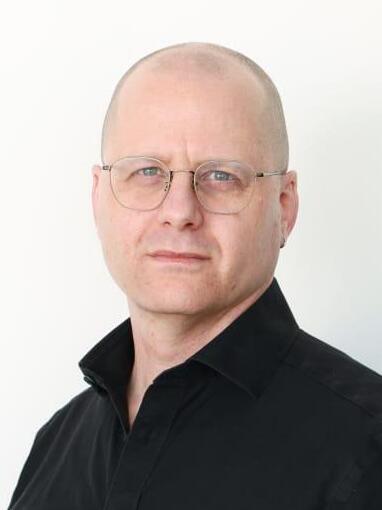In the wake of the global economic crisis, one of the world's leading economists, 2015 Nobel laureate in Economics Prof. Angus Deaton, has penned a courageous article under the auspices of the International Monetary Fund, taking a hard look at the responsibility of economists for failing to foresee the current crisis and even contributing to it. Prof. Deaton rips off the mask of the conservative economists - to which he belongs - and calls for a reassessment.
In his article, he presents six key points that need to be re-examined in our relationship with them, the power of economics, the capitalist approach, economic ethics, empirical methods for decision-making, on the importance of humility, he even added a special place on the importance of labor organizations and the ongoing harm to them.
These are the main points: The economy has achieved a great deal and the profession has accumulated knowledge and understanding in many areas. But today we are in disarray. We did not foresee the financial crisis, and worse - we may have contributed to it through an overly enthusiastic belief in the efficiency of markets.
The emphasis on free and competitive markets distracts us from the importance of power in determining prices and wages, in choosing the direction of change, and in influencing politics to change the rules of the game. Without an analysis of power, it is difficult to understand inequality and many other things in modern capitalism.
Conservative economists around the world have stopped thinking about ethics and have become technocrats who focus on efficiency. Welfare economics and the values of equality have long since disappeared from the curriculum and we are stuck in explanations of utilitarianism based on income. Often, well-being is equated with money or consumption, missing out on much of what is important to people.
Efficiency is important, but when it comes to a redistribution of income upwards - the recommendations of economists become no more than a license to loot. Historians, who understand randomness and multi-directional causality, often do a better job than economists in identifying important mechanisms that are plausible, interesting, and worth thinking about.
We are often too sure we are right. Economics has powerful tools that can provide clear answers, but also ones that require assumptions that are not valid in all circumstances. It is worth recognizing that there are almost always alternative methods and it is desirable to learn how to choose between them.
Large corporations have too much power over working conditions and wages. Unions were an important part of social capital and gave workers political power. The decline in their power contributes to the decline in workers' share of wages, the widening gap between executives and workers, the destruction of the community, and the rise of populism. They need to be at the decision-making table.
I am much more skeptical of the benefits of free trade for workers and even skeptical of the claim that globalization is responsible for the huge reduction in global poverty over the past 30 years.
Economists can benefit from engaging more with the ideas of philosophers, historians, and sociologists, just as Adam Smith once did. Philosophers, historians, and sociologists are also likely to benefit.
 Amit Ben-TzurPhoto: Dana Kopel
Amit Ben-TzurPhoto: Dana KopelAnd where does this meet us, you ask? Israel 2024, which is under an economic, security, and social crisis, has been making the same mistakes for twenty years that Prof. Deaton laments in his article. For economists and analysts who see the Israeli economy as a tool for narrow and one-sided interests.
In the last state budget alone, the ink of which has not even dried yet, the Finance Ministry chose time and again to cut and starve the essential civil services for the citizens of the State of Israel and the entire economy, despite all the warnings of senior economists and even some who came with claims that the cuts are not enough and that the deficit should be further reduced and even more cuts should be made.
To all those economists, I ask - stop, read again, and again, and again Prof. Deaton's article and ask yourself what your part is in the equation he draws.
Amit Ben-Tzur is the Director General- Arlozorov Forum



